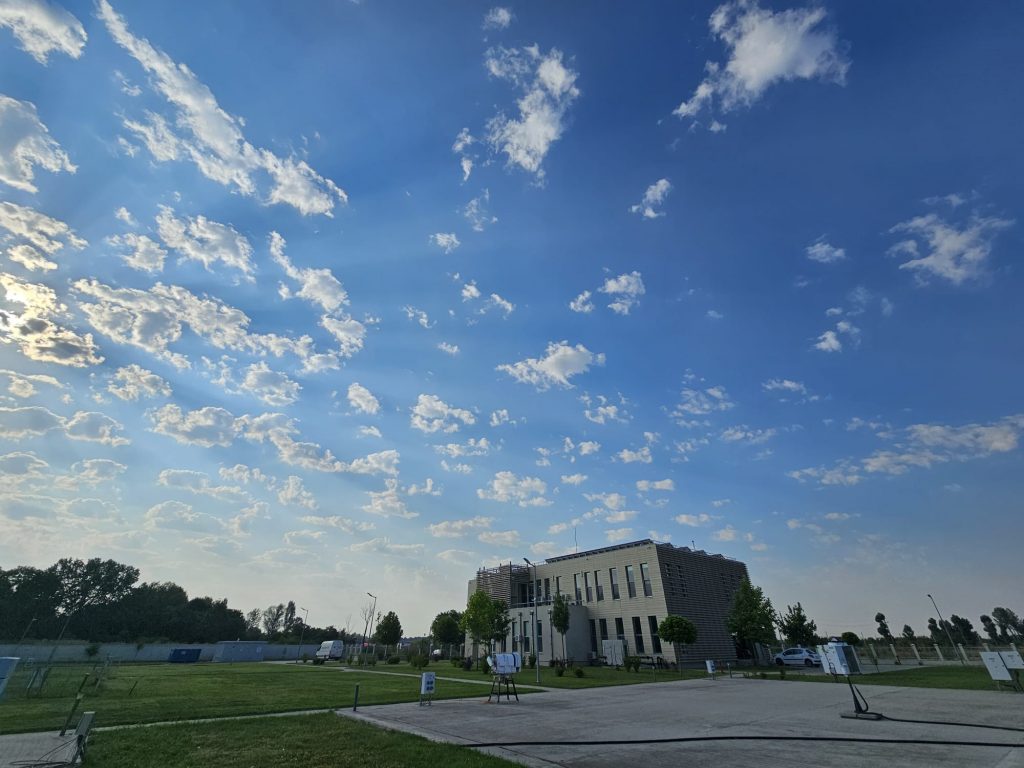The Remote Sensing Department, part of the National Institute of Research and Development for Optoelectronics – INOE 2000, is committed to advancing the understanding of Earth’s atmosphere through state-of-the-art observations, scientific research, and international collaboration. Our core mission is to deliver high-quality, long-term measurements of atmospheric constituents and properties that are essential for addressing global challenges related to climate change, air quality, and environmental sustainability.

Title: MARS Building. Copyright: The Remote Sensing Department of INOE 2000
Through the operation of a comprehensive suite of in situ and remote sensing instruments, we provide scientifically robust data on aerosol characteristics, trace gases, cloud properties, radiation, and meteorological variables. These observations are essential for monitoring Essential Climate Variables (ECVs), as defined by the Global Climate Observing System (GCOS), and are used to inform climate modeling, health risk assessments, air quality policies, and early warning systems.
Our department is actively involved in major European and international research infrastructures and networks, including ACTRIS, AERONET, and CloudNet, contributing to harmonized and quality-controlled environmental observations that serve both science and society.
We embrace our role not only as data providers but also as drivers of innovation, developing novel methods for atmospheric observation, improving measurement protocols, and integrating satellite, ground-based, and modeling tools.
Our Vision
We envision a world where environmental decisions are grounded in reliable, science-based information and we strive to be a central part of that process.
As a nationally recognized and internationally connected atmospheric research hub, our vision is to:
- Provide long-term, traceable, and interoperable measurements of key atmospheric variables that meet the highest standards of scientific quality and reproducibility;
- Support interdisciplinary scientific research by bridging atmospheric physics, environmental science, remote sensing, data science, and climate modeling;
- Foster international collaboration, contributing to global efforts in climate monitoring, atmospheric process understanding, and sustainable development;
- Strengthen the role of observational science in policymaking, supporting evidence-based air quality and climate strategies at local, regional, and global levels;
- Promote open science and transparency, actively engaging with the broader scientific and public community.
By aligning with long-term international objectives and infrastructures, we contribute to a global vision for resilient societies, climate-responsible development, and better-informed citizens.
The Earth is what we all have in common.
